We’ve all heard about the benefits of solar power when installed on homes and farms. For many decades, solar panels have proven to be a reliable energy source for families across Nebraska. They can be found on roadside signs and rooftops. But how exactly do solar panels work? What needs to happen to convert the sun’s rays into electricity that we use every day?
THE PHOTOVOLTAIC EFFECT
A solar panel, simply put, allows photons or particles of light, to knock electrons free from atoms, proceeding to generate a flow of electricity. Solar panels are usually constructed of smaller units called photovoltaic cells. Photovoltaic cells, though the word sounds big and serious, simply convert sunlight into energy. Many little cells come together to make a solar panel.
In order for the photovoltaic cells to work, they need to first derive an electric field. This electric field acts as a force that pushes electrons in a certain direction, creating a flow of electricity. Similar to a magnetic field, which occurs due to opposite poles, an electric field occurs when opposite charges are separated. To achieve this field, manufacturers “dope” silicon with other materials, giving them a positive or negative electrical charge.
Manufacturers seed phosphorous into the very top layer of silicon, which results in an addition of extra electrons, which have a negative charge, to that layer. Meanwhile, the bottom layer receives a dose of boron, which results in fewer electrons and a positive charge. All of this adds up to an electric field at the intersection between the silicon layers. When a photon of sunlight knocks an electron loose, the electric field will push that electron out of the silicon junction.
Cells are turned into usable power by other components. Metal conductive plates inside the cell collect the electrons and transfer them to wires. The electrons can then flow similar to any other source of electricity. The converted electricity can then be used to power appliances in your home or business. Any excess electricity generated can be stored in batteries for later use or fed back into the electrical grid.
Other types of solar power technology include solar thermal and concentrated solar power (CSP). These other types of solar power technology operate differently from photovoltaic solar panels. However, they all harness sunlight to heat up water or air, or to create electricity.
Now that you know a little more about how solar panels work, consider installing solar panels with our team at J-Tech Construction & Solar. Sign up for a free solar estimate, and pretty soon you’ll be able to enjoy the benefits of solar panels in any residential, commercial, and agricultural setting.






